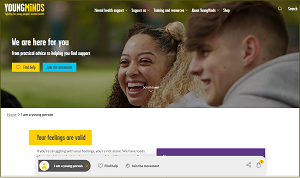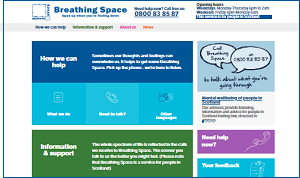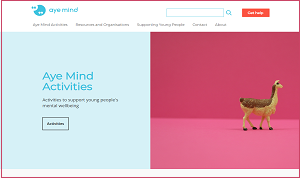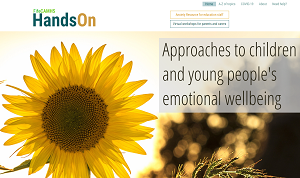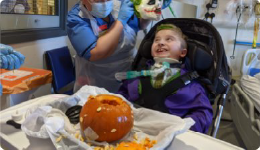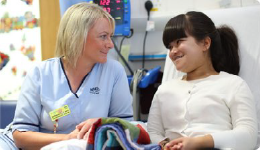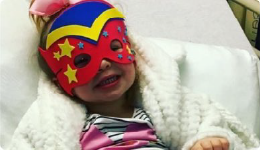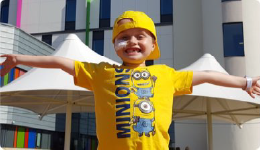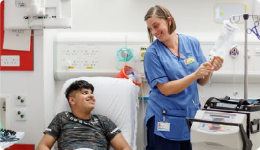The list of symptoms below are common in people experiencing a period of low mood or depression. However, we will all experience some of these at different points in our lives. Depression impacts how we feel, what we think, and what we do. Pay attention to how frequently a child or young person has been experiencing these, and over how long a period of time.
- being more tearful, upset or irritable
- changes in sleep pattern - sleeping too much or not being able to sleep
- changes in appetite - excessive comfort eating or appearing disinterested in food
- lack of energy or excessive tiredness
- regular complaints of feeling unwell
- feeling hopeless, or not looking forward to the future
- having difficulty concentrating on school work
- losing interest in activities they used to like
- becoming socially withdrawn
- losing interest in how they look
- lowered confidence and sense of self-worth.
Occasionally young people will engage in deliberate self-harm in response to the way they are feeling. If your child is self harming, or expressing suicidal thoughts, please speak to your GP. If you think they are at imminent risk of harm, please contact your GP out of hours, or dial 111 for advice or attend your local A&E. Please check the self-harm section for further advice.




